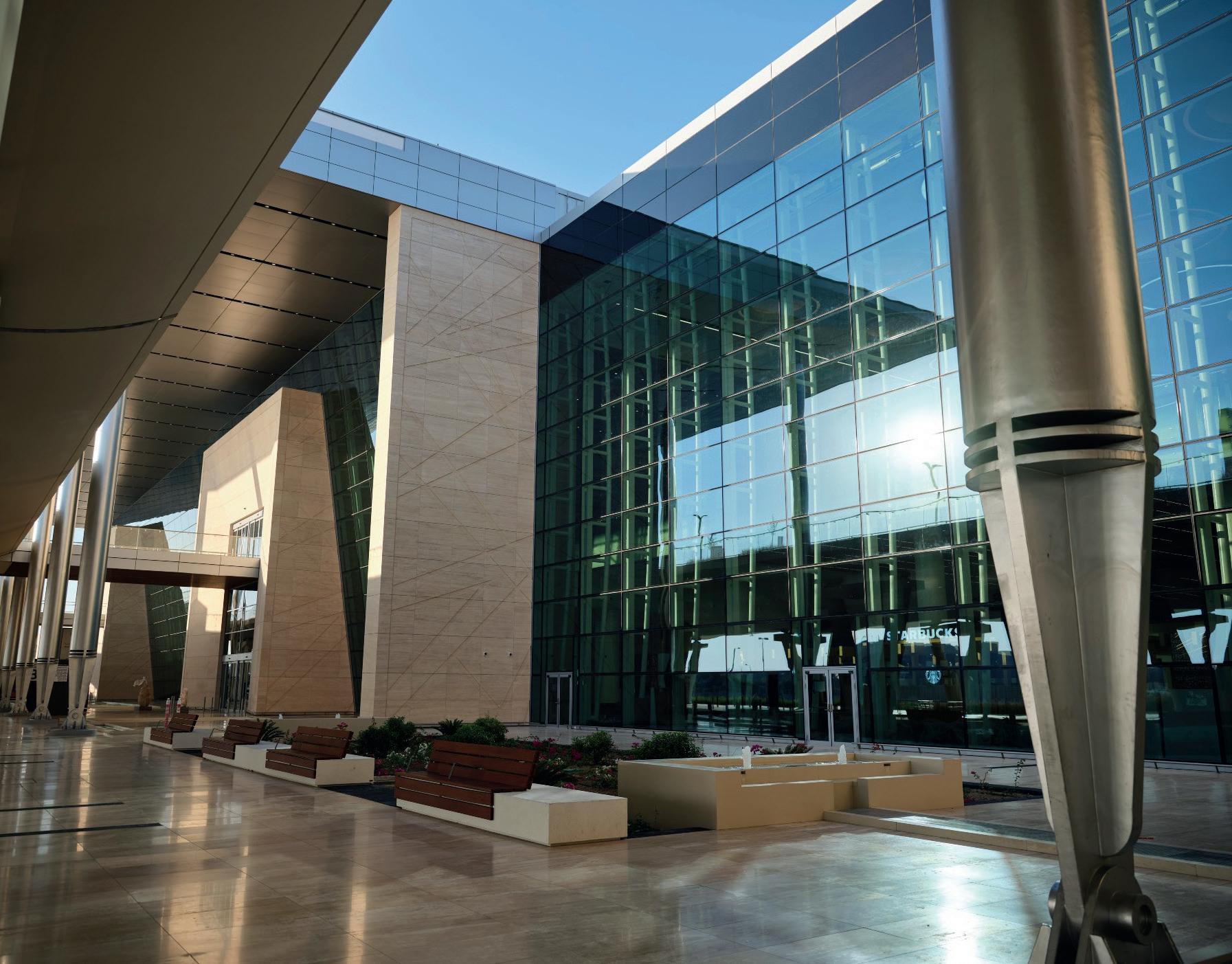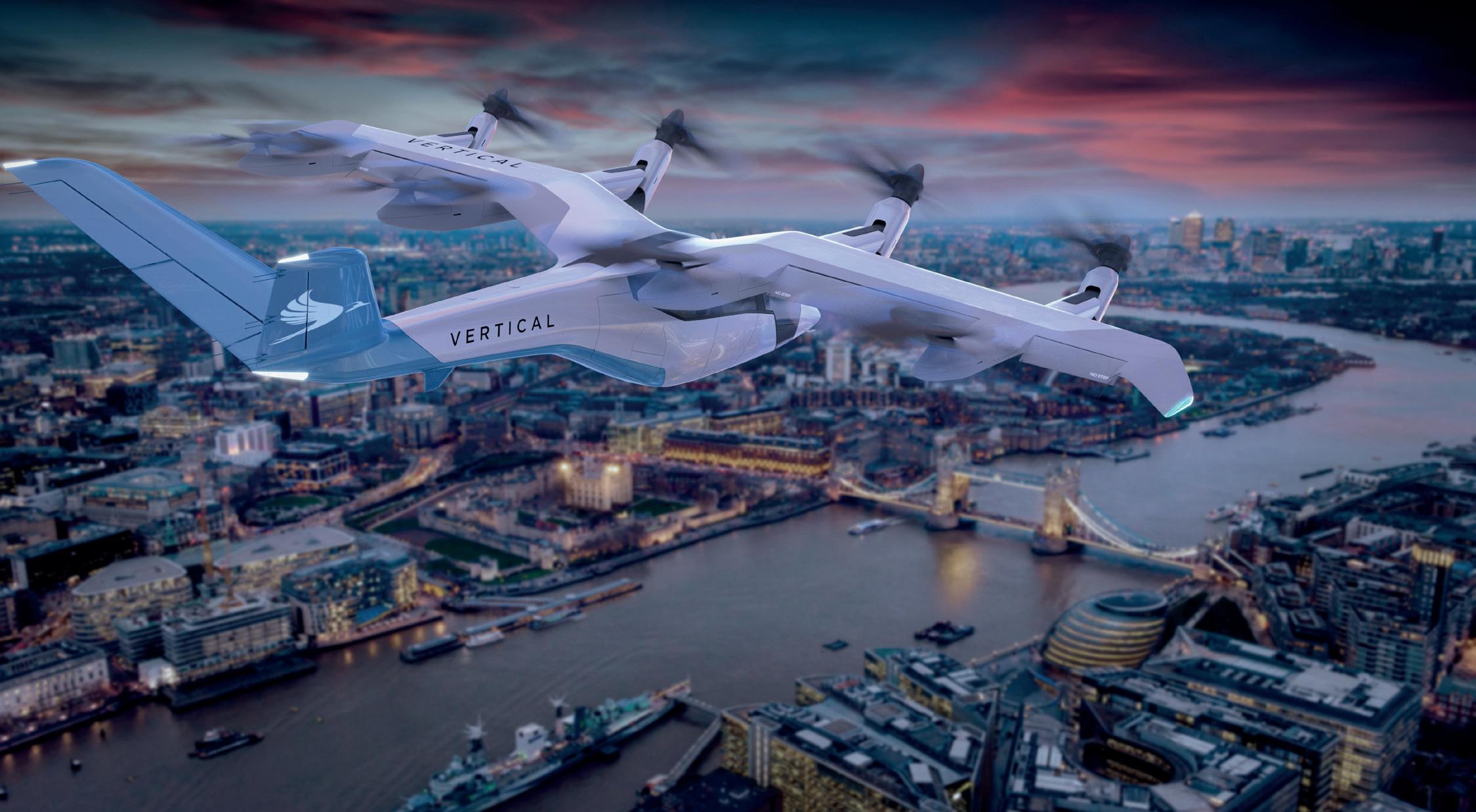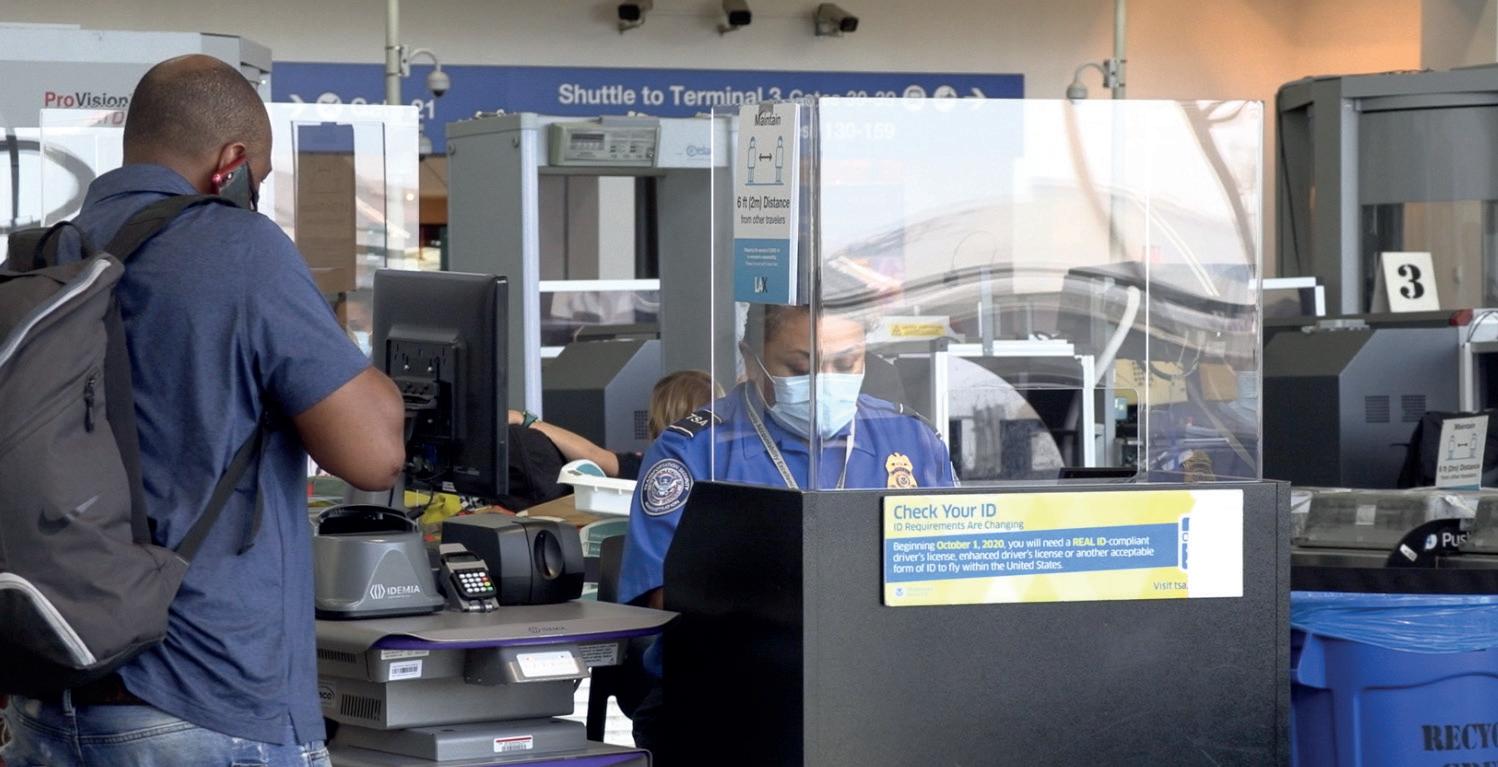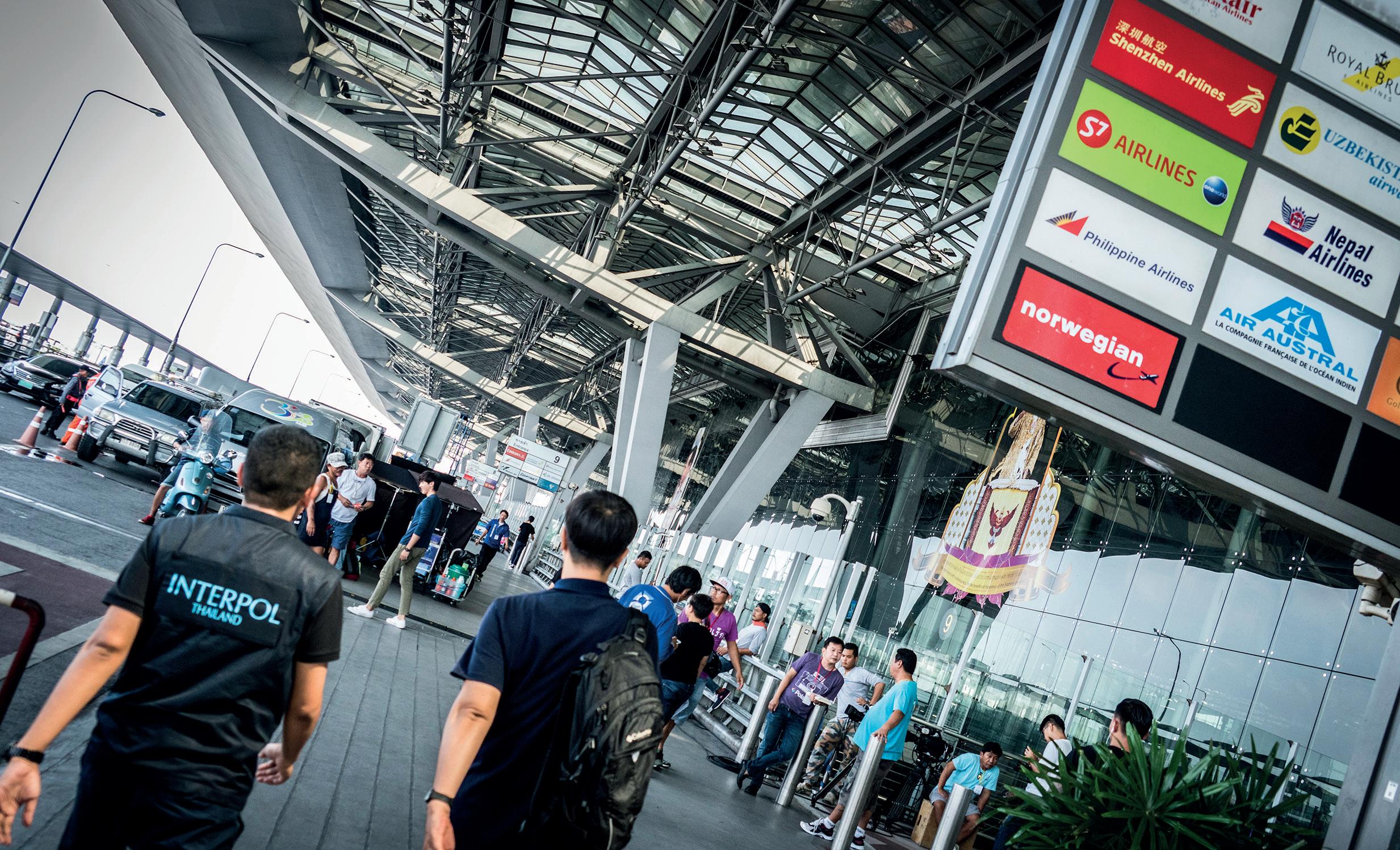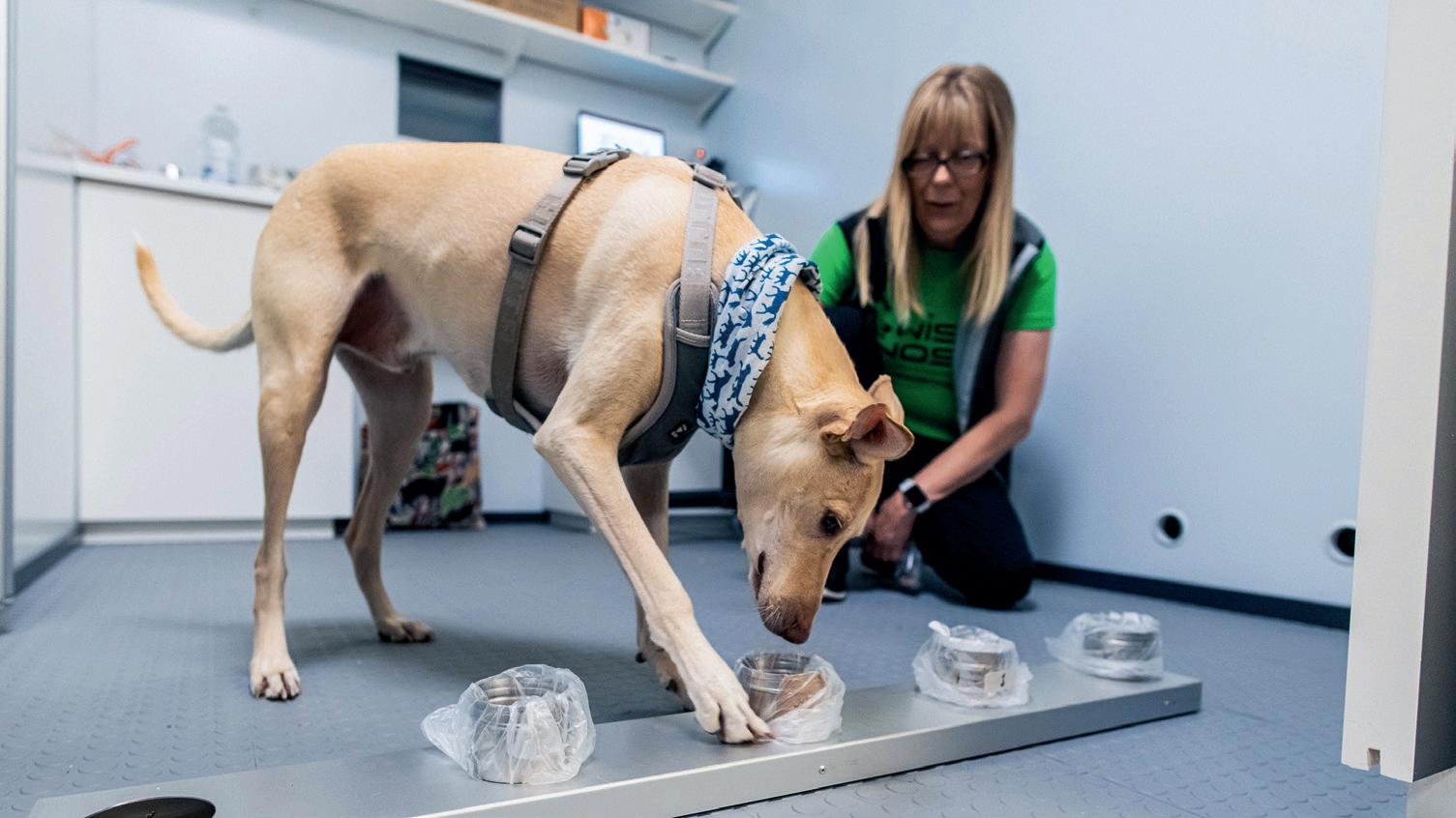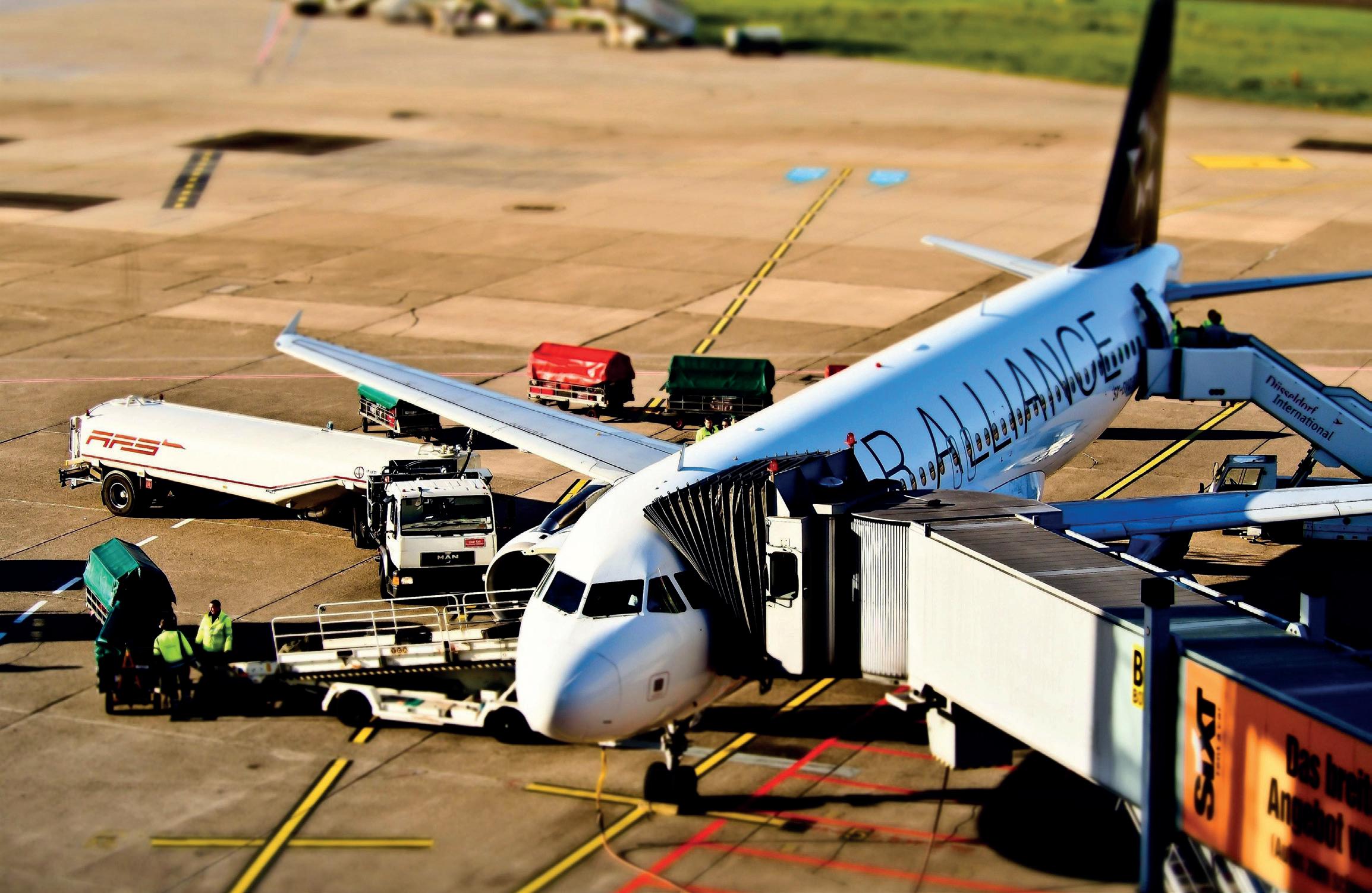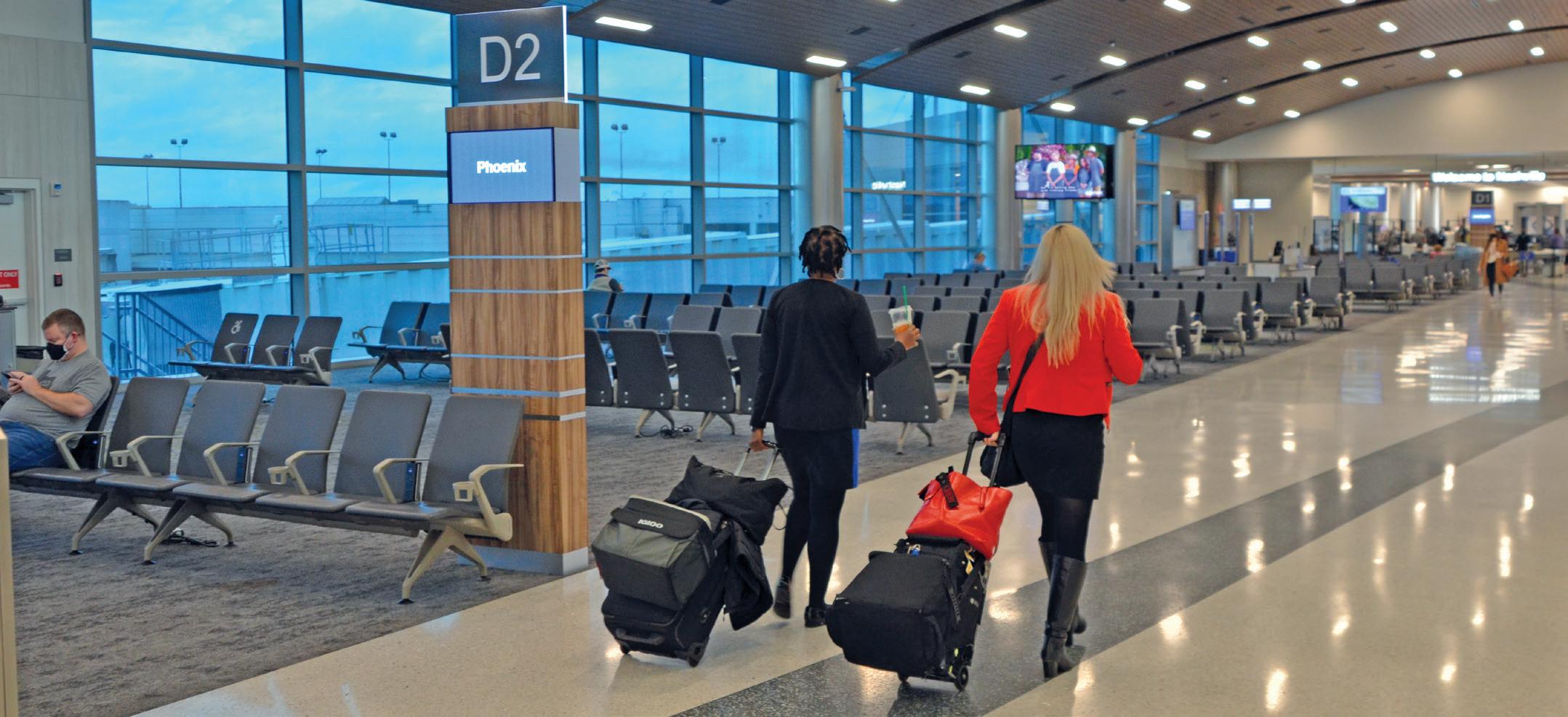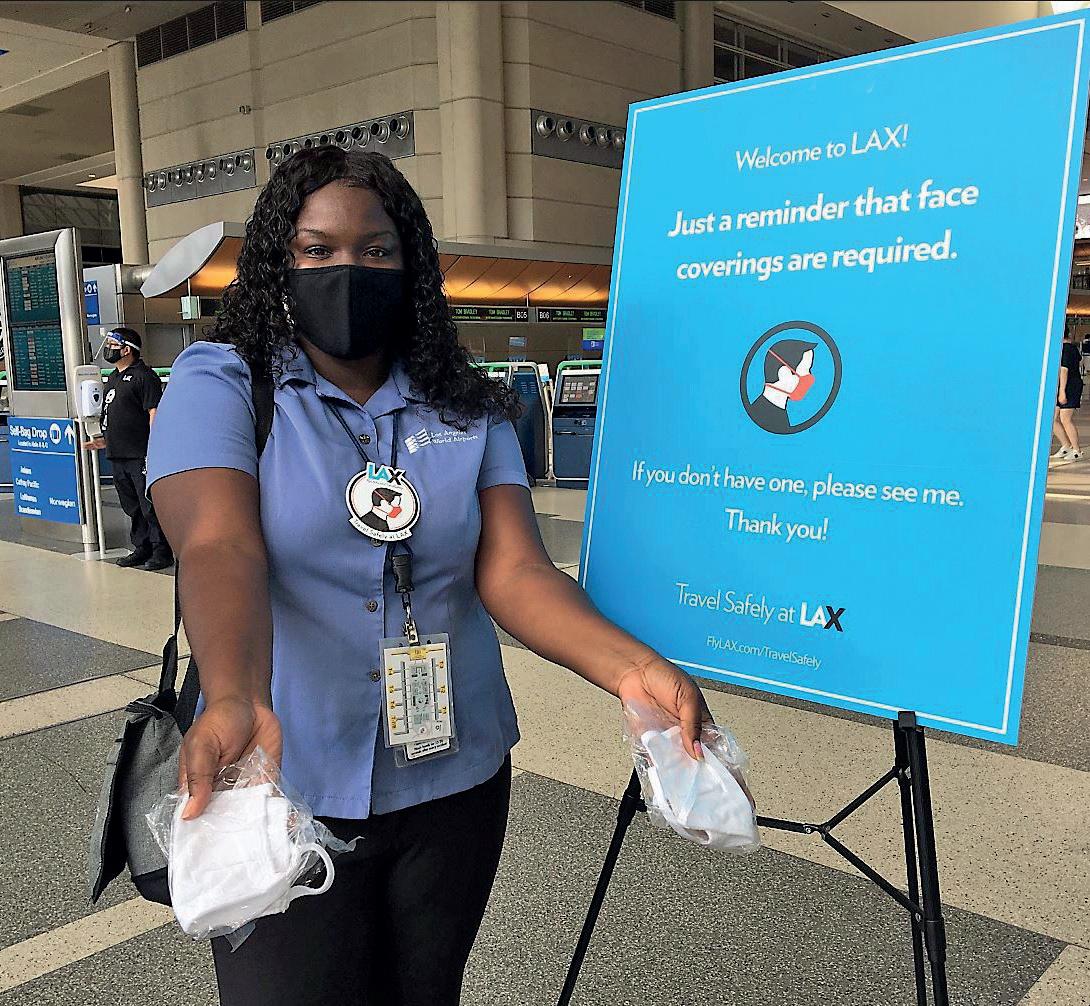SPECIAL REPORT: SAFETY & SECURITY
Safe and secure Airport World reviews some of the latest security developments and news stories from across the globe.
B
altimore/Washington International Thurgood Marshall Airport (BWI) has launched a pilot programme that uses innovative technology to provide social distancing information and assessment for customers at security checkpoints. The project uses Light Detection and Ranging (LiDAR) technology and sophisticated software from partner CrowdVision to monitor, analyse and report on physical distancing at the airport’s B security checkpoint. The system notifies customers when social distancing is adequate and encourages greater physical separation if needed. If passengers are too close together for too long a period of time, the system presents a reminder of social distancing guidelines. BWI believes that it is among the first global airports to use LiDAR to monitor and report on security wait-times to help improve the passenger experience. LiDAR is the same laser-mapping technology used in autonomous vehicles. The technology, it notes, uses safe, invisible pulsated laser light to detect objects, both in motion and at rest. Wait-time information produced from the system has been displayed at the airport’s four security checkpoints and the BWI Marshall website since 2019. “The use of LiDAR technology to promote social distancing helps keep our customers safe and gives them comfort and confidence as they travel through BWI Marshall,” enthused Maryland Department of Transportation (MDOT) secretary, Greg Slater. “This innovative system is another way we’re focusing on the health and safety of the public, our partners and our MDOT team.”
Collaborating with Malaysia Airlines Malaysia Airports has collaborated with national flag carrier, Malaysia Airlines, to introduce a new Passenger Reconciliation System (PRS) at
34
AIRPORT WORLD/ISSUE 1, 2021
Kuala Lumpur International Airport in a bid to enhance safety and speed up the security screening process. “We continue to leverage technology in order to keep up with evolving security and safety requirements for an improved passenger experience,” says group chief executive officer of Malaysia Airports, Dato’ Mohd Shukrie Mohd Salleh. “With the PRS in place, we are looking at speeding up, strengthening, and simplifying the security process for the benefit of all our stakeholders. “The PRS is key to an elevated e-boarding experience as it will also allow us to implement the ‘open gate’ concept at selected boarding gates, resulting in the creation of more space for passengers to sit and wait comfortably prior to boarding their flight. “Malaysia Airlines being our first user, will also benefit from the system in terms of operational efficiency by scoring better turnaround times.” Kuala Lumpur International Airport has installed 10 PRS units in Terminal 1 and 12 units across Terminal 2.
Enhancing security at Singapore Changi Singapore Changi, one of the most innovative and technologically advanced airports in the world, has selected Genetec to enhance and upgrade its security system. The three-year project, which is expected to be completed by the end of 2023, will see Genetec Security Center – a unified security platform that blends IP security systems within a single intuitive interface – underpinning the airport’s security operations, with a specific focus on the video surveillance system across its terminals. The contract was awarded to Genetec following a rigorous competitive tender process.




